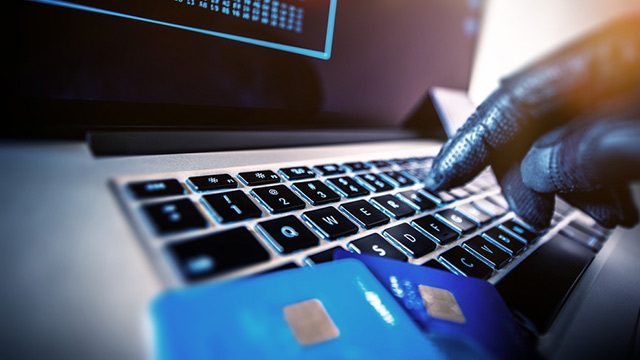SUMMARY
This is AI generated summarization, which may have errors. For context, always refer to the full article.

MANILA, Philippines – Hackers attempting to access banks and online bank accounts may soon have to face life sentences and fines of up to P5 million, if the bill approved by Senate on final hearing, Monday June 3, becomes law.
Senate Bill 6710 declares the hacking of bank systems as well as the skimming of ATMs as a form of economic sabotage that will now merit the harsher punishments. It is an amendment of Republic Act 8484 or the “Access Devices Regulation Act of 1998.”
The bill was approved with 20 affirmative votes, no abstention, and no negative votes.
Senator Francis Escudero said the heavier penalties are necessary given the rapid development of information technology and the economic impact of these digital crimes.
Prior to the bill, RA 8484 didn’t include in its scope crimes involving ATM fraud through skimming, the hacking of banking systems, and the counterfeiting of credit or debit cards. With the amendment, the mere possession of skimming devices and attempts to access online banking accounts, regardless of whether or not money was stolen from the account holder, will be potentially punishable with imprisonment.
Any hacking of a bank system as well as the skimming of 50 or more ATM cards or online banking accounts, credit cards, and debit cards are said to constitute economic sabotage – an offense which is non-bailable, and carries penalties of life imprisonment and fines ranging from P1 million to P5 million.
Those in possession of 10 or more card skimming devices and was able to access at least one account will be meted with imprisonment of 12 to 20 years and a fine not less than P500,000. If the offender was not able to access any account, the penalty is reduced to 6 to 12 years imprisonment and a fine of P300,000.
The fraudulent use of a credit card will be punishable with imprisonment of 4 to 6 years, and a fine of twice the value of the fraudulently obtained credit. Those caught using counterfeit devices or possession of device-making or altering equipment will be punished with imprisonment of 10 to 12 years and a fine of P500,000.
The bill also amends the amount of unpaid balance past due for at least 90 days before a credit card holder can be considered as having intent to defraud, increasing it from P10,000 to P200,000.
The bill may also grant additional powers to the National Bureau of Investigation and the Anti-Cybercrime Group of the Philippine National Police, to pursue further investigation and prosecution of the frauds. – Rappler.com
Add a comment
How does this make you feel?
There are no comments yet. Add your comment to start the conversation.